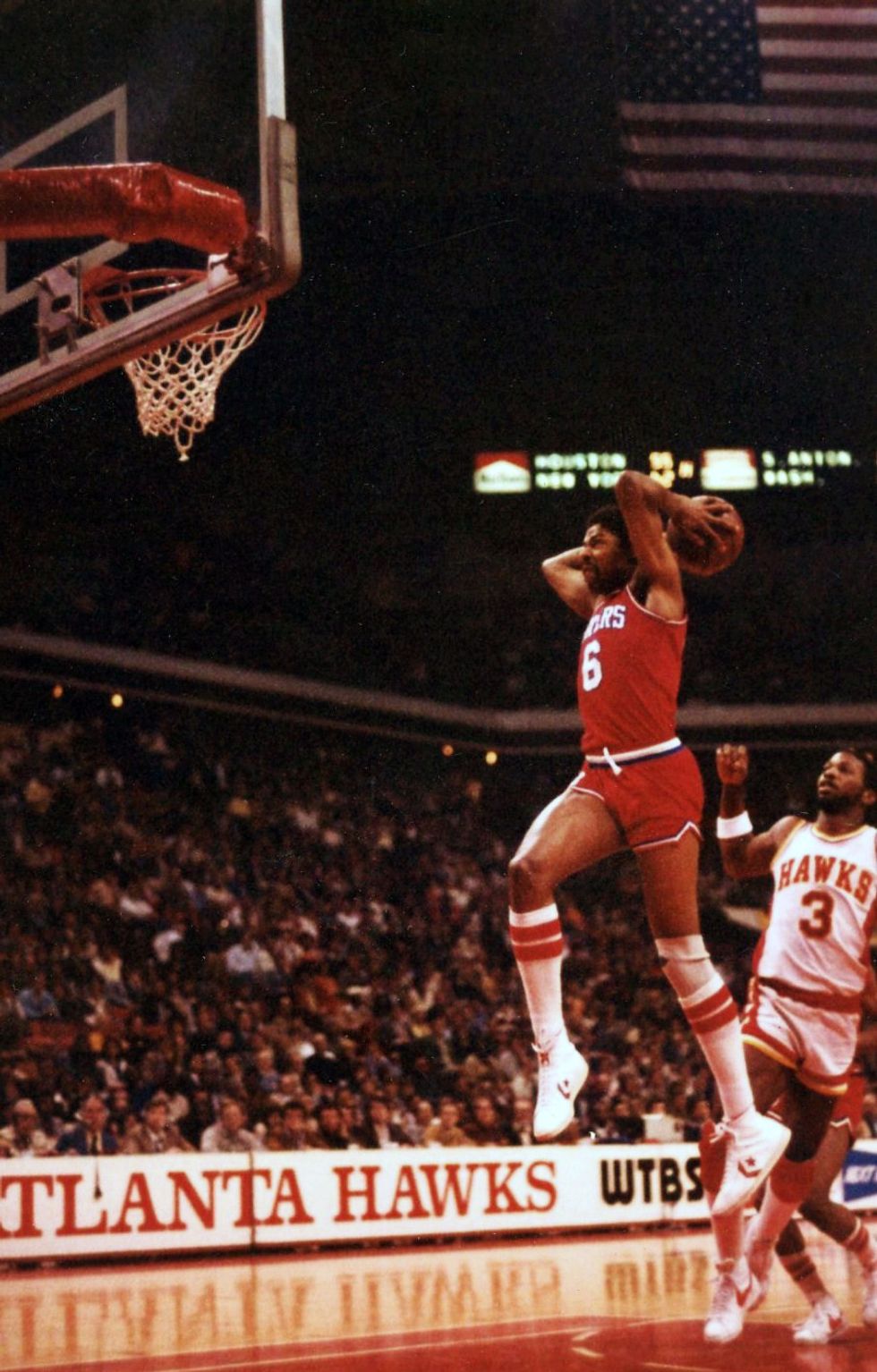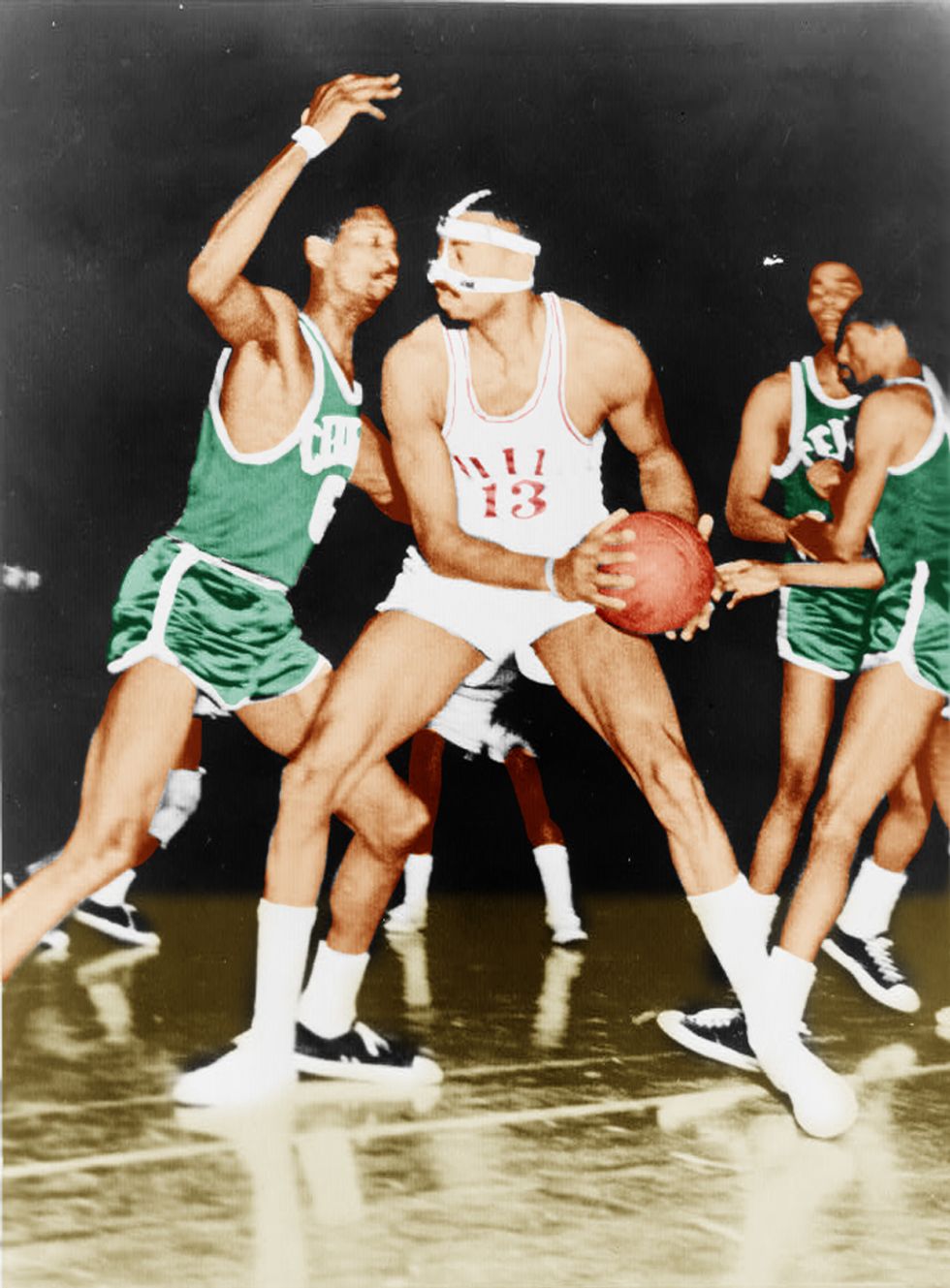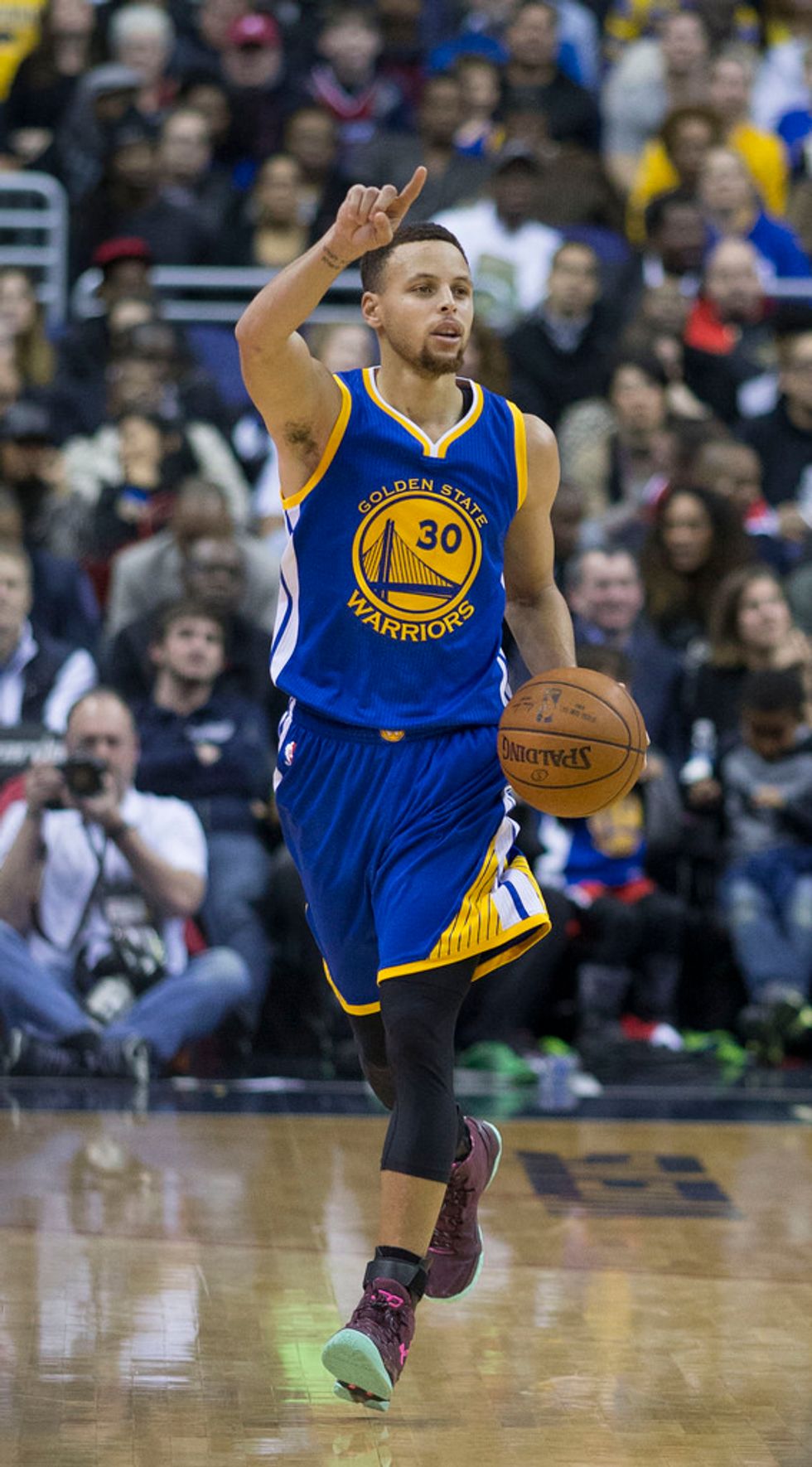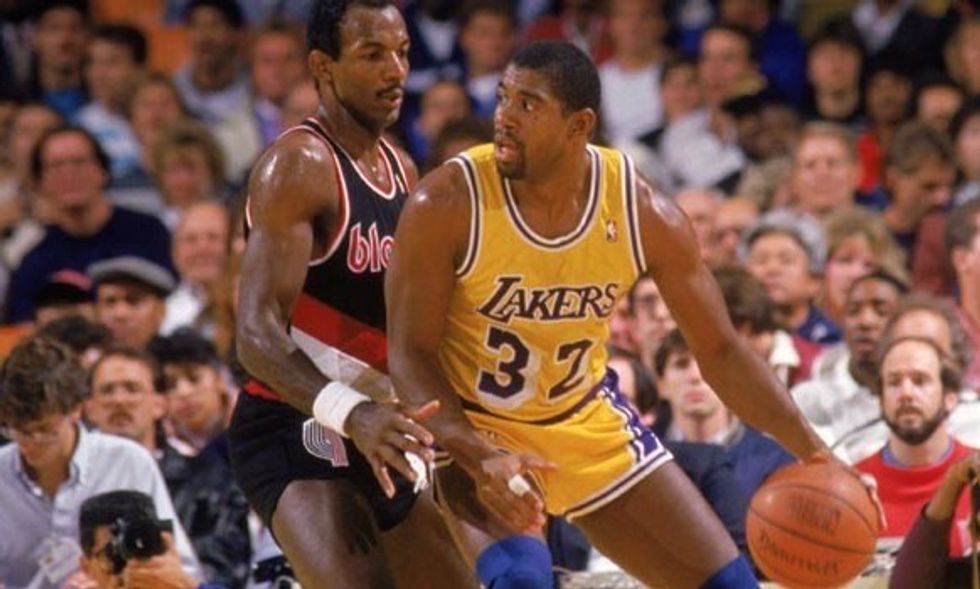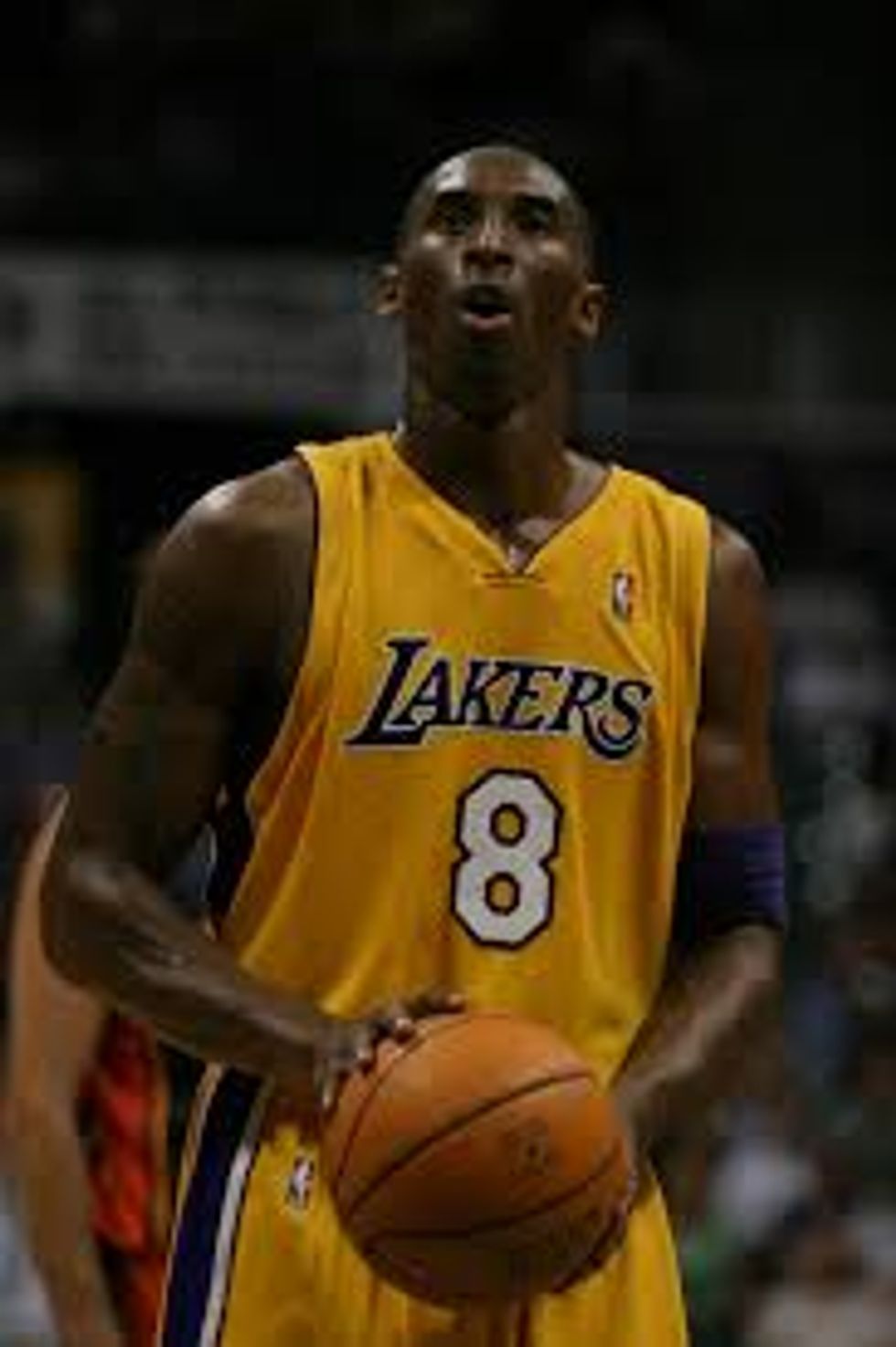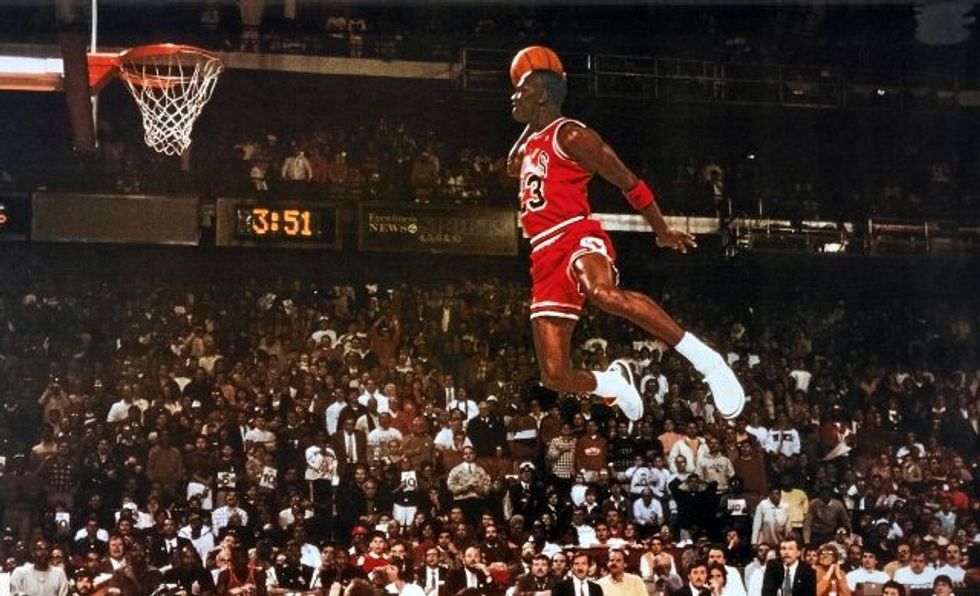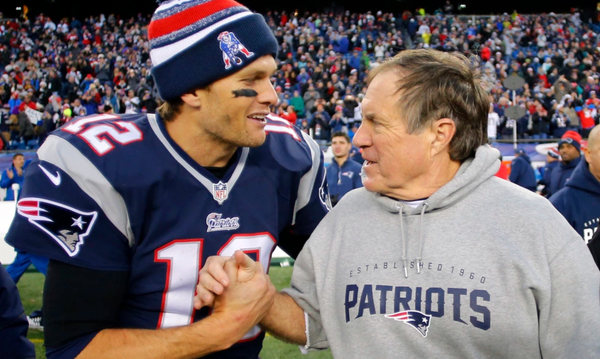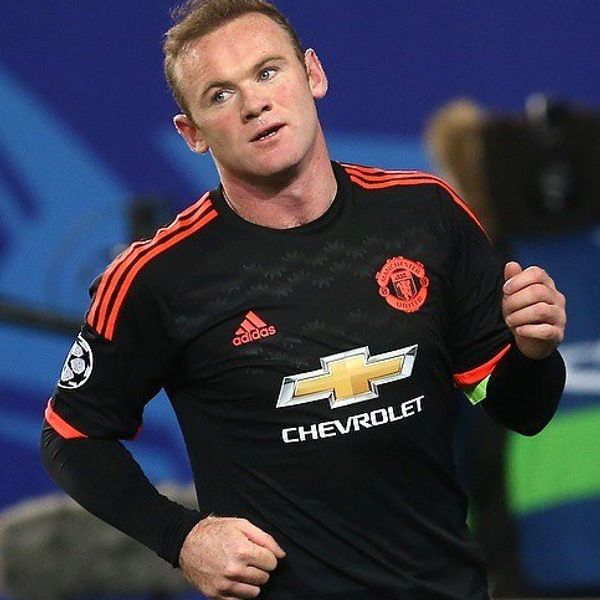An interesting phenomenon among NBA fans is the comparisons they draw to players that played in different decades. For example, the most famous player comparison is Michael Jordan and LeBron James. A good way to look at these comparisons is to rank the decades of the NBA and the level of talent in each decade since we’ll never see most of these players go head-to-head
6. The 1970s
Ranking as the weakest era of basketball for the major NBA decades is the 1970s. It was a weird time because of the ABA-NBA merger which brought the three-point line, slam dunk contest, and the three-point contest. However, there weren’t a lot of skilled players that played in the ABA other than Julius Erving, Artist Gilmore, Moses Malone, Spencer Haywood, and Billy Cunningham. Many of the ABA players had a hard time transitioning to the level of talent in the NBA and only muddied the talent pool of the league.
5. The 1960s
The 1960s was really dominated by two players, Bill Russell with the Boston Celtics and Wilt Chamberlain who mostly played in Philadelphia before going to the Los Angeles Lakers in 1968. Bill Russell and the Celtics won nine championships in the '60s and were the benefactors to playing in a league that didn’t have a lot of noteworthy names other than Wilt Chamberlain and Oscar Robertson. This doesn’t mean that players in this generation weren’t skilled athletically because the players that did dominate did so emphatically. Their issues would be for the perimeter players and keeping up with today’s guards.
4. The 2010s
This generation of basketball looks vastly different than the previous generations, and the staple of this generation has been the three-point shot. As far as skill goes, this decade barely beats the ‘90s because of the emergence of the big man that can do everything. This generation of basketball has shown us that seven-footers can handle the ball like guards and shoot the three-ball at an efficient level.
Leading the way of players like this is Keven Durant, Anthony Davis, Karl-Anthony Towns, and Demarcus Cousins. Guards have never been more athletic than they are now, and they dominate the game.
However, defense does lack for this generation and many of the great players here have major issues on that side of the ball. This generation is unproven for the most part. Many players still need to develop into being better than the players of the past.
3. The 1980s
This is where the decades start to get difficult to rank. The '80s have three kings with Magic Johnson, Larry Bird, and Michael Jordan. Jordan established himself more in the ‘90s though, so that’ll be his decade. The '80s is stacked with legendary talent except at the center position. Kareem Abdul-Jabbar was mostly dominant in the ‘70s, and the biggest name to come after him is Moses Malone. Malone is good, but not as good as the centers in the ‘90s and 2000s. Also, players that revolutionized the game in the ‘80s now have competition from every decade after such as LeBron James and Scottie Pippen matching up with Magic Johnson.
2. The 2000s
The 2000’s saw the rise of players such as LeBron James, Kobe Bryant, Allen Iverson, Dwayne Wade, Vince Carter, Shaquille O’Neal, Kevin Garnett, Tim Duncan, and many great players. The list goes on and on. The 2000’s do have a weakness at the point-guard position, where the best player from that generation is Jason Kidd who then is followed by Steve Nash. Also besides Lebron James, at the Small Forward, the next best players are Paul Pierce and Carmelo Anthony. Their weakness at these two particular positions holds this decade back.
1. The 1990s
The '90s was the golden age of the NBA for many fans. Michael Jordan dominated the league and established himself as the greatest player the game had ever seen. Other players like John Stockton, Hakeem Olajuwon, Dennis Rodman, Karl Malone, Scottie Pippen, Gary Payton, Shawn Kemp, and David Robinson also stand out. This decade had the athletes and the level of play where they could prove themselves. These players were great in a time where it was hard to be great because of the rules in the league.


